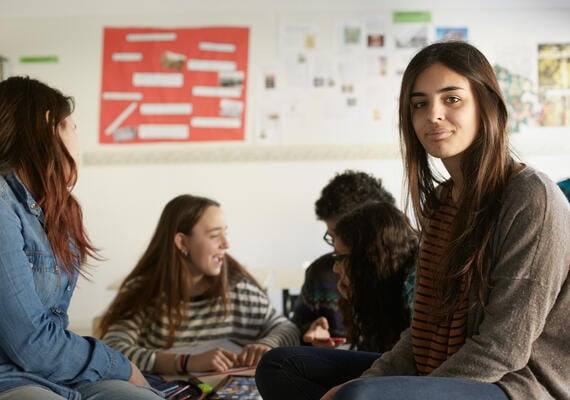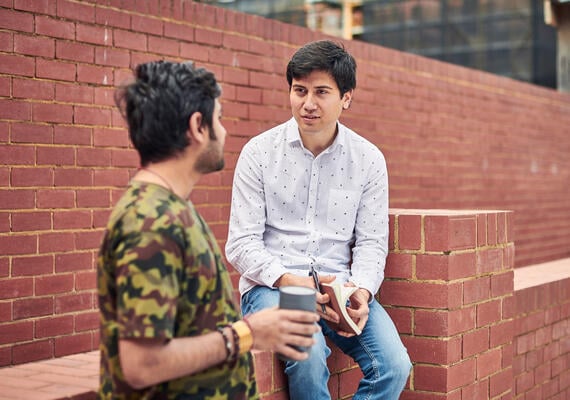
What do jobs as a conciliator look like?
As a conciliator, your responsibilities encompass conducting investigations and formulating reports while proposing actionable recommendations. You will engage in conciliation and facilitated negotiation of complaints within a statutory framework, prepare detailed correspondence and reports regarding alleged breaches of various Acts, and manage a high-volume caseload.




